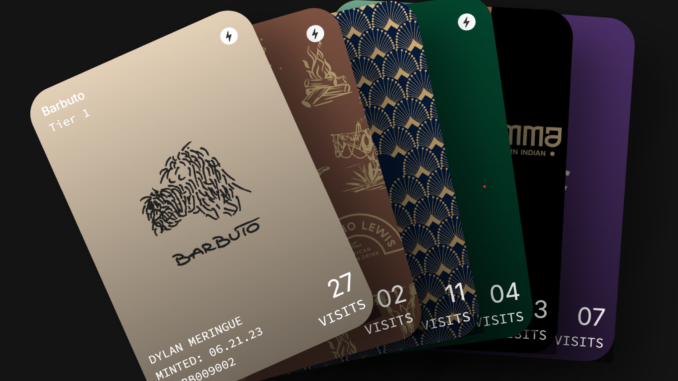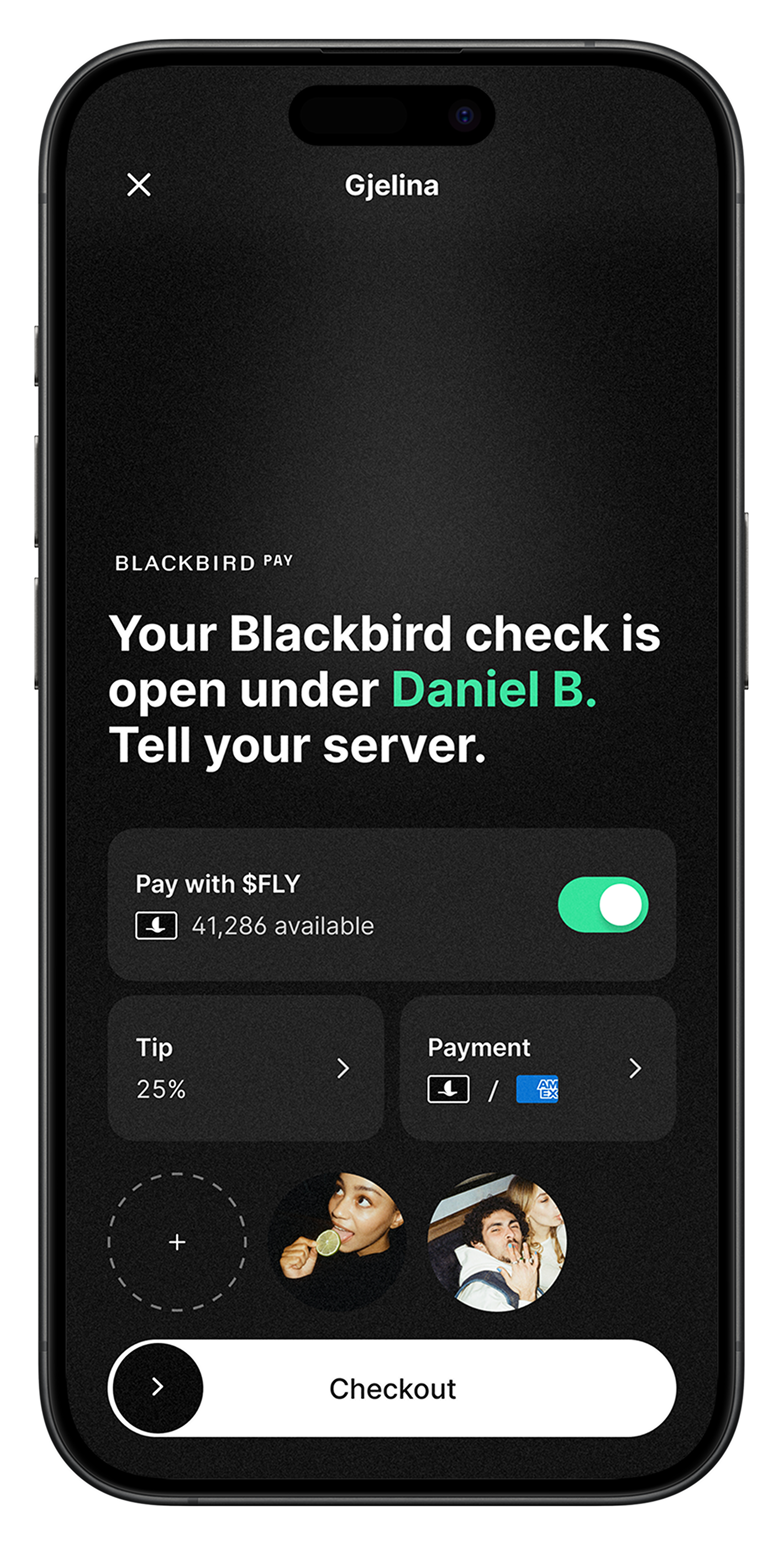
By Lea Mira, RTN staff writer - 4.25.2025
Ben Leventhal, a familiar and formidable name in restaurant technology, is once again reshaping how restaurants connect with diners. The founder of Eater and Resy has secured $50 million in fresh funding for his latest venture, Blackbird Labs, a startup aiming to tackle one of the most stubborn challenges in hospitality: building real, lasting loyalty—while helping restaurants retain more of their shrinking margins.
At its core, Blackbird is part payments platform, part loyalty engine, and part blockchain experiment. Already working with around 1,000 restaurants, Blackbird plans to use the new capital to roll out a cross-restaurant loyalty program called Blackbird Club and expand beyond its current hubs of New York, San Francisco, and Charleston, South Carolina. Charleston, with its celebrated dining scene, is a key proving ground. “Charleston punches above its class,” Leventhal said in an interview with TechCrunch. “It’s a great restaurant city for its size—a good test market for us.”
 Blackbird’s proposition is bold: offer a frictionless payment experience through an app-based system (dubbed Flynet) while seamlessly layering in loyalty points that diners can use across participating restaurants. Behind the scenes, the platform is built on Coinbase’s Base blockchain, enabling new forms of data ownership and engagement. Flynet functions much like traditional payment processors—except faster and cheaper. Restaurants accepting Blackbird’s app-based payments are reportedly saving 3-4% on processing fees compared to traditional providers. Diners, meanwhile, get loyalty points not only for eating out but also for interacting with the Blackbird network.
Blackbird’s proposition is bold: offer a frictionless payment experience through an app-based system (dubbed Flynet) while seamlessly layering in loyalty points that diners can use across participating restaurants. Behind the scenes, the platform is built on Coinbase’s Base blockchain, enabling new forms of data ownership and engagement. Flynet functions much like traditional payment processors—except faster and cheaper. Restaurants accepting Blackbird’s app-based payments are reportedly saving 3-4% on processing fees compared to traditional providers. Diners, meanwhile, get loyalty points not only for eating out but also for interacting with the Blackbird network.
What sets Blackbird apart is its vision of shared ownership. As Leventhal describes it, diners and restaurants will effectively become stakeholders in the Blackbird ecosystem. “Consumers will be able to continue to own their profile,” Leventhal said. Data about loyalty activity and preferences will not just reside with Blackbird but will remain in the hands of customers and restaurant partners. It’s an approach that draws a stark contrast with centralized platforms like OpenTable, Toast, and Punchh, where user data is largely locked away from restaurants themselves.
The $50 million Series B round was led by Spark Capital, with additional investment from Coinbase Ventures, Amex Ventures, and Andreessen Horowitz (a16z)—all three of whom participated in Blackbird’s $24 million Series A in 2023. To date, Blackbird has raised $85 million. Notably, both Coinbase and Amex have strategic ties to Leventhal. Amex acquired Resy in 2019, a deal that solidified Leventhal’s reputation for building highly scalable restaurant tech platforms. Although Blackbird and Resy are currently separate, Leventhal hinted that future integrations may be on the horizon. “We’re not integrating today, but it’s fair to say we will,” he noted.
The latest valuation was not disclosed, but PitchBook pegged Blackbird’s previous valuation at approximately $124 million.
Skeptics might question whether blockchain is necessary for restaurant loyalty. After all, legacy platforms handle payments and points without crypto rails. Leventhal himself acknowledges that blockchain wasn’t essential: “I don’t think it necessarily has to be built on blockchain,” he said. Still, he believes going “on-chain” unlocks future advantages—specifically, in how customer profiles, loyalty balances, and restaurant participation are managed. The blockchain-based structure could also facilitate new forms of co-ownership and value sharing between restaurants and customers, concepts largely out of reach for traditional loyalty programs. “A network that is owned by the restaurants and the diners themselves—this is something that only blockchains enable,” said Arianna Simpson, general partner at a16z.
Blackbird’s ambitious model arrives at a critical time for restaurants. According to the National Restaurant Association, average restaurant profitability has plummeted to under 5%, down from 20% two decades ago. Rising food costs, higher wages, and changing consumer habits have made survival tougher than ever. Meanwhile, viral trends on platforms like Instagram and TikTok can bring throngs of diners to a restaurant’s door—but not necessarily translate into lasting loyalty or sustainable profitability. “There is a disconnect in the restaurant industry between the popularity and the intensity of consumer love for restaurants and ultimately the profitability of the industry,” Leventhal noted.
That disconnect, he believes, is a ripe opportunity to create deeper, more sustainable relationships between restaurants and their best customers—powered by more efficient, transparent technology.
With Blackbird Club launching soon, and expansion plans outside its initial cities, Blackbird’s next chapter could cement its place as a major player in restaurant tech—especially if it can prove that blockchain-enabled loyalty isn’t just a buzzword, but a lasting advantage. It’s a bet that Blackbird’s early backers—and the thousands of restaurants already signed up—are banking on.

